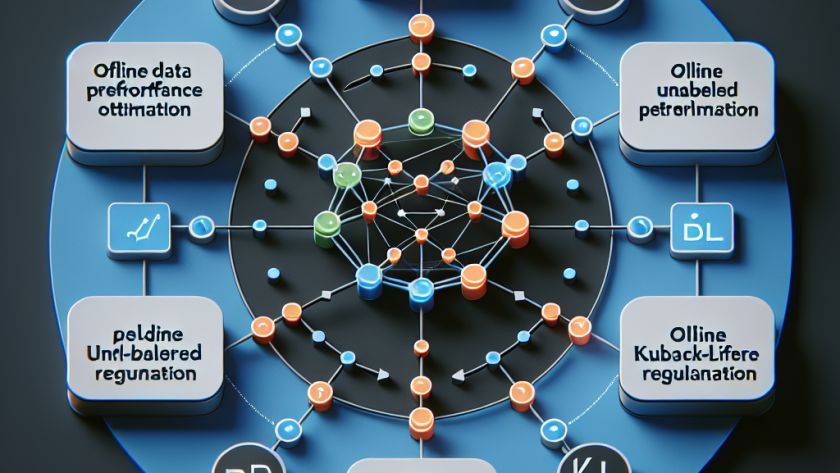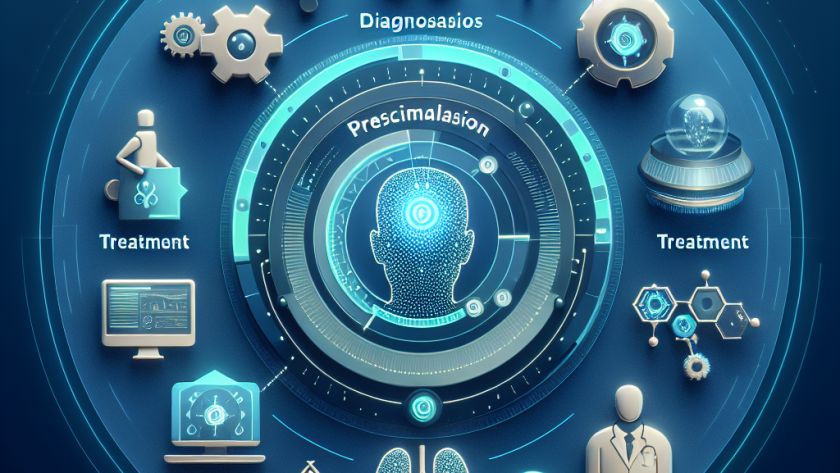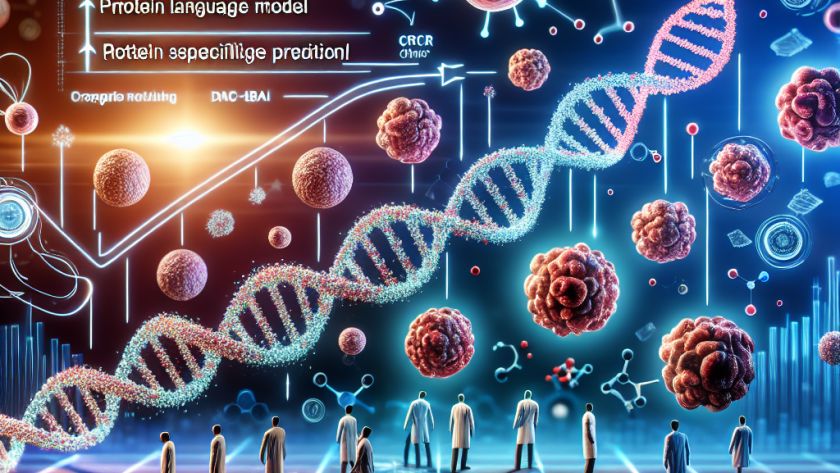Salesforce Data Cloud and Einstein Model Builder are partnering with Amazon Web Services (AWS) and its Amazon Bedrock service to enable the use of Large Language Models (LLMs) in generative artificial intelligence (AI) applications. This integration was revealed by Salesforce's Daryl Martis and Darvish Shadravan. Salesforce can bring its own LLMs from AWS accounts to…










